?
The most basic element of navigation is to pay attention to your environment, where there are all kinds of natural tracks to know the direction. Whether you've been a coach for :-) some time, or you're just starting out, you probably know that having the right set of skills is one of the best ways to improve your chances of in short-term emergencies, as well as large-scale catastrophes. Work on these skills first and do them WELL, before moving on to other, more advanced . Now let's imagine what happens if you find yourself in the wild :-) unprepared, without any equipment.
Knowing these skills is a great way to increase your chances of when things go wrong, but to apply them effectively you need to practice them. One way to turn a 72-hour bag into an INCH (I'm not coming home) is to fill your smartphone with a GPS app, maps, edible :-) plant guides, personal apps, information, edible plant guide, backup documents and personal images, and contact backups. By maintaining a level attitude, creating and obtaining , a person can successfully survive for many weeks. In addition, can provide psychological support :-) in a , creating a sense of safety and security.
building skills
A can keep you warm, ward off predators, and provide heat for cooking. Starting a can be more difficult than it seems, especially if the weather is humid :-) or cloudy or in a situation when you have little or no supplies. If you choose five out of seven, you have to look for and , build a , start a , medical first aid skills, signage. Exactly these skills and knowledge will help you stay alive until rescuers find you and bring you help.
building
A provides warmth and , and will keep wild animals away. You can use waterproof :-) matches and firestarters to start a . You can also create a short-term for yourself, which will keep you warm and protected from the elements.
If you do get stuck out overnight, getting protection from the elements is key. Being able to use the gear you have in your kit (ie. Tarp and cord) as well as natural materials you :-) find to build a can be the difference between an impromptu night out and a life-threatening situation.
Whether it is a debris hut, a group , a spider-type , a lean-to , or a snow , it is strongly recommended to start building it before you are :-) exhausted, take it as .
Be careful with having a heated the sleeping place! Use any fabric to cover you, the heat exchange will make its duty to keep you warm through the night.
For more detailed instructions on how to build a , see the Art of Manliness :-) Ultimate Guide. In a ,
Water
Finding reliable and is a that people relied on daily to survive and that has since been forgotten. To be good at in the wild, beyond , requires a deep understanding :-) of a variety of nature's abilities.
purification tablets or pocket filters take up very little room but could be vital in a if you have no way to boil . Always have a few with you just :-) in case.
Food
Another important for is knowing how to forage for . In a disaster situation, it's important to know where to find edible plants and how to cook . This will also provide :-) you and your family with something to do while waiting for rescue. In fact, foraging can be fun and provide you and your family with valuable exercise.
Thankfully, most natural environments are filled with a variety of items that can meet our nutritional needs. Wild plants often provide the most readily available foods, though insects :-) and small wild game can also support our dietary needs in a .
First, you should have a basic first-. This is crucial for , and will help you stop the progress of minor injuries and help mobilize injured limbs. You'll also be able to clean and dress wounds to prevent infections. The best first-aid kits :-) are compact and lightweight, and a lightweight one is a great way to minimize the amount of weight you pack.
When you are well away from emergency services you need to be :-) able to manage on your own for longer. Rescue can take hours to come in so it is up to you to keep alive until they can get there.
Learning to do first aid is also important for . Aside from CPR, it's essential to know how to treat burns, stabilize limbs, and treat insect stings.
Learning in your backyard is an easy :-) and safe way to prepare before going out into nature also taking a first aid course will be helpfull. In addition, this tip applies not only to basisurvival skills, but to everything you are doing. Knot-tying, an often overlooked , can help your :-) chances of by helping you build a , set traps and create tools.
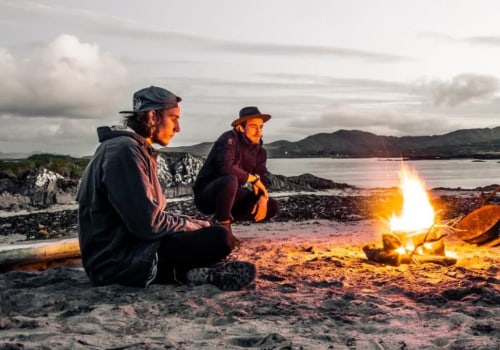
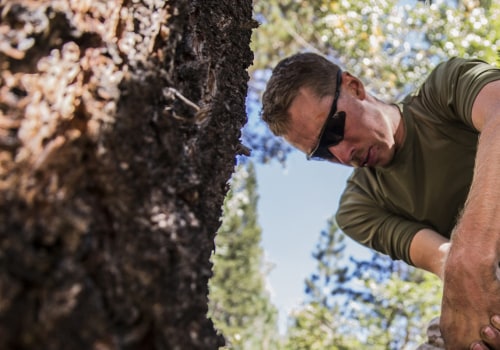
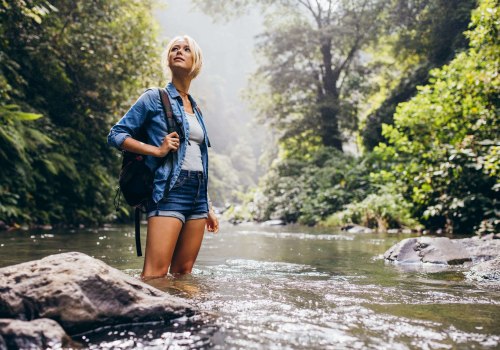
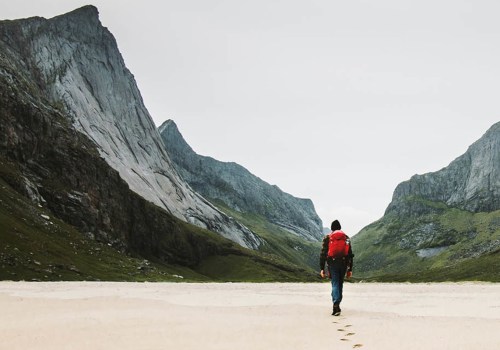
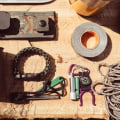
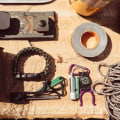

Leave Reply